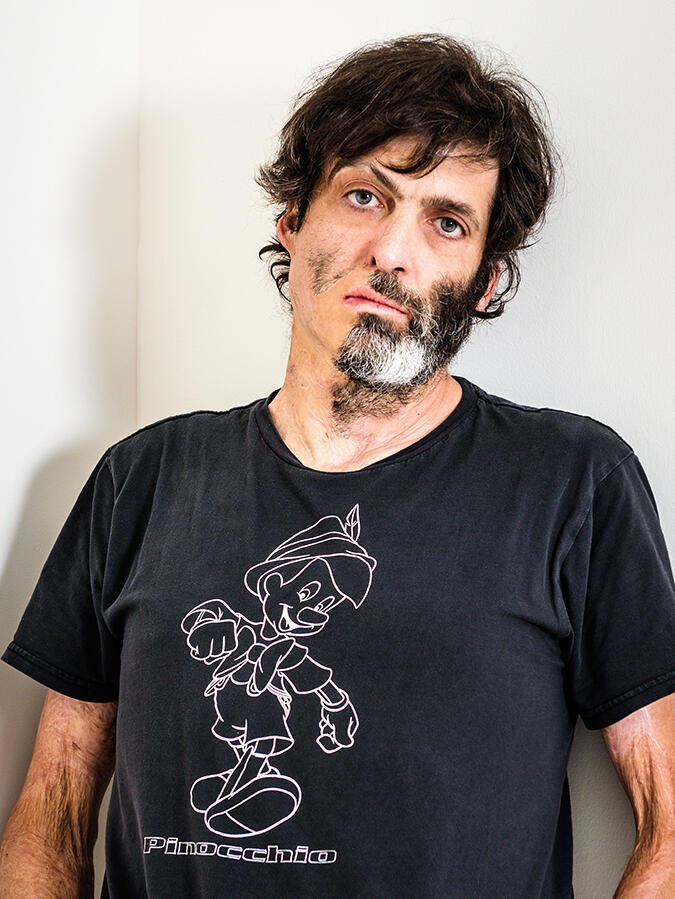A few years ago, a school principal approached me with what seemed like a straightforward but stubborn problem: how to get students to behave better.
She had plenty of concerns — fewer kids wandering the halls, less litter, no graffiti on the walls. But her main frustration was the bathrooms: how to stop students from splashing water, wasting paper towels and throwing toilet paper on the floor or into the toilets.
The standard answer to problems like these is education — lessons on cleanliness, respect for others and personal responsibility. But she had already tried that. The students listened politely and occasionally nodded, but nothing changed.
So I suggested a different approach. I asked her what the school gives students when they behave well. She said that from time to time, when there’s a bit of money left over, they buy popsicles for everyone as a treat.
That gave me an idea: why not directly connect bathroom behavior to the chance of getting popsicles? We would create one shared budget — covering cleaning supplies, toilet paper, and janitorial hours — as well as the popsicles.
Then we’d explain to the students that if the bathrooms were dirtier, more of the budget would go to cleaning and less would be left for treats. But if the bathrooms stayed clean, there’d be more money for popsicles — maybe even ice cream bars.
A few months later, the principal reported back: it worked. The bathrooms didn’t become sterile, but they were far cleaner, and the improvement exceeded expectations. Once we linked behavior to a concrete, desirable outcome rather than abstract moral appeals, the change came quickly.
Imagine telling the ultra-Orthodox parties: the state will allocate a budget for your education system based on your community’s workforce participation rate. The more Haredim who work and pay taxes, the larger the education budget. If fewer work, the budget shrinks.
It’s an alternative kind of agreement: state support tied directly to economic participation. When the link is concrete — when it’s not just “the state pays” but “your actions influence your resources” — it can open the door to a new kind of motivation.
 Dan ArielyPhoto: Gavriel Baharliya
Dan ArielyPhoto: Gavriel BaharliyaAnd here’s the intriguing part: if such a model were actually implemented, how would Haredi leadership respond? Would they continue to prefer low workforce participation, or would the conversation shift?
Perhaps we’d discover that Jewish tradition is not inherently opposed to work, and that earning a living to support one’s family has long been considered an ancient Jewish value.
Sometimes change doesn’t come from lectures or debates over principles. Sometimes it comes from connecting toilet paper to the budget. If schoolchildren can grasp opportunity cost, feel it and change their behavior, maybe there’s hope for applying the same lesson in far more complex arenas.




